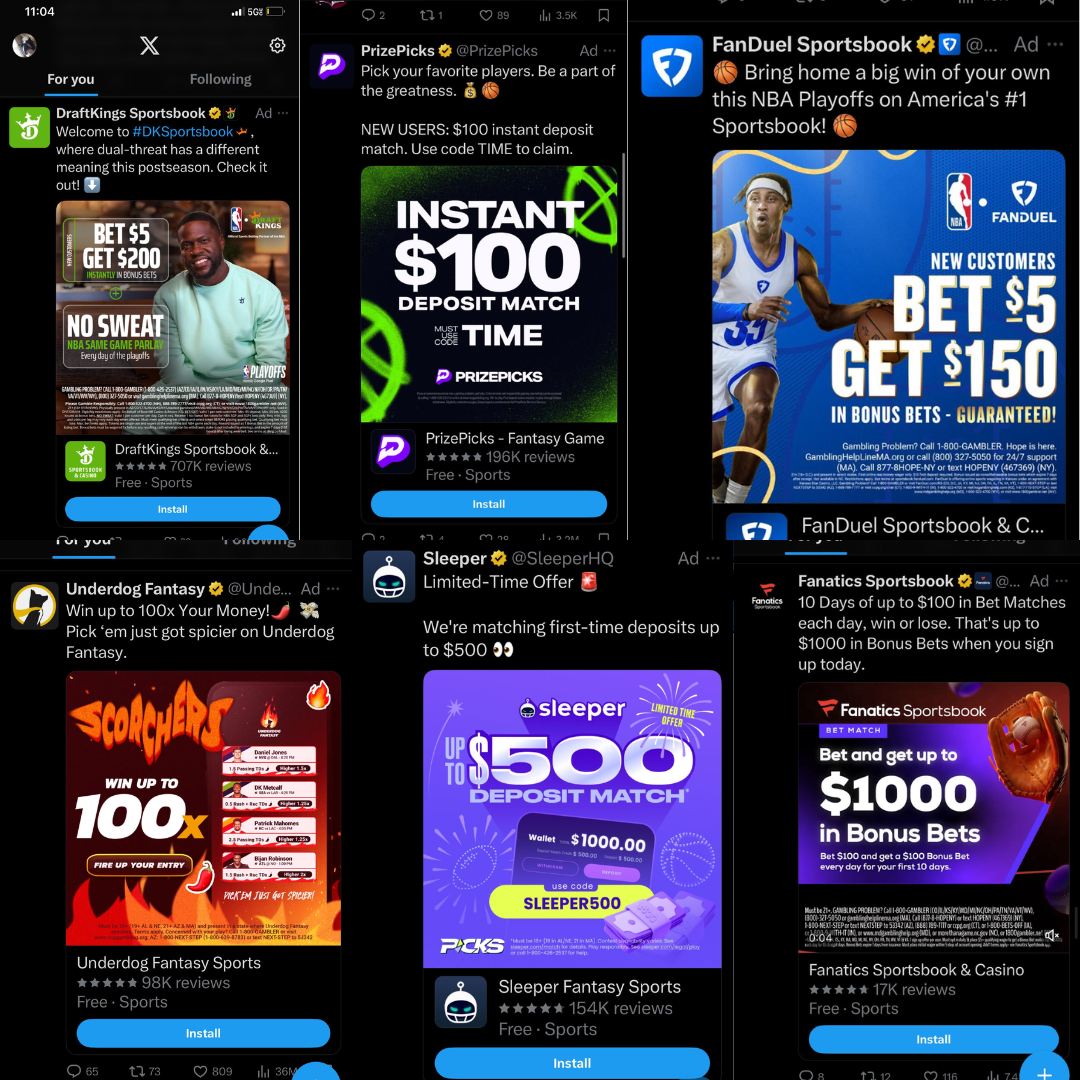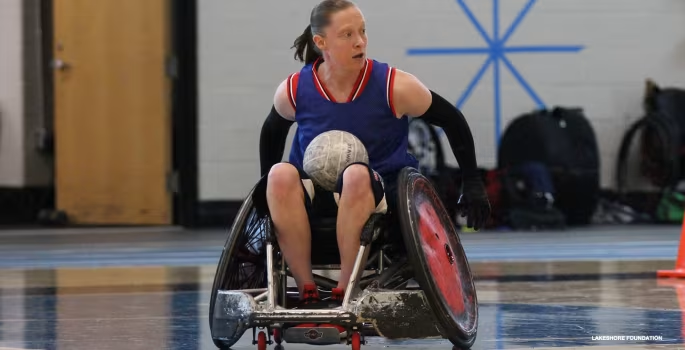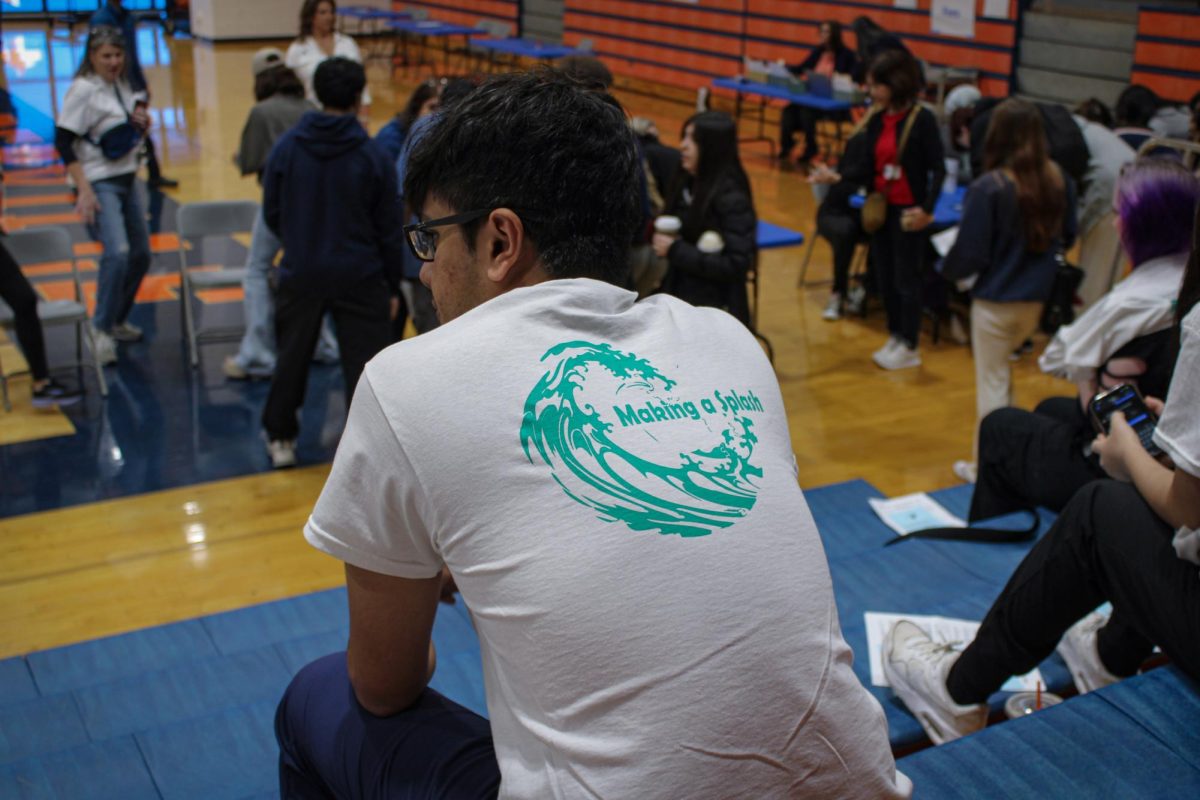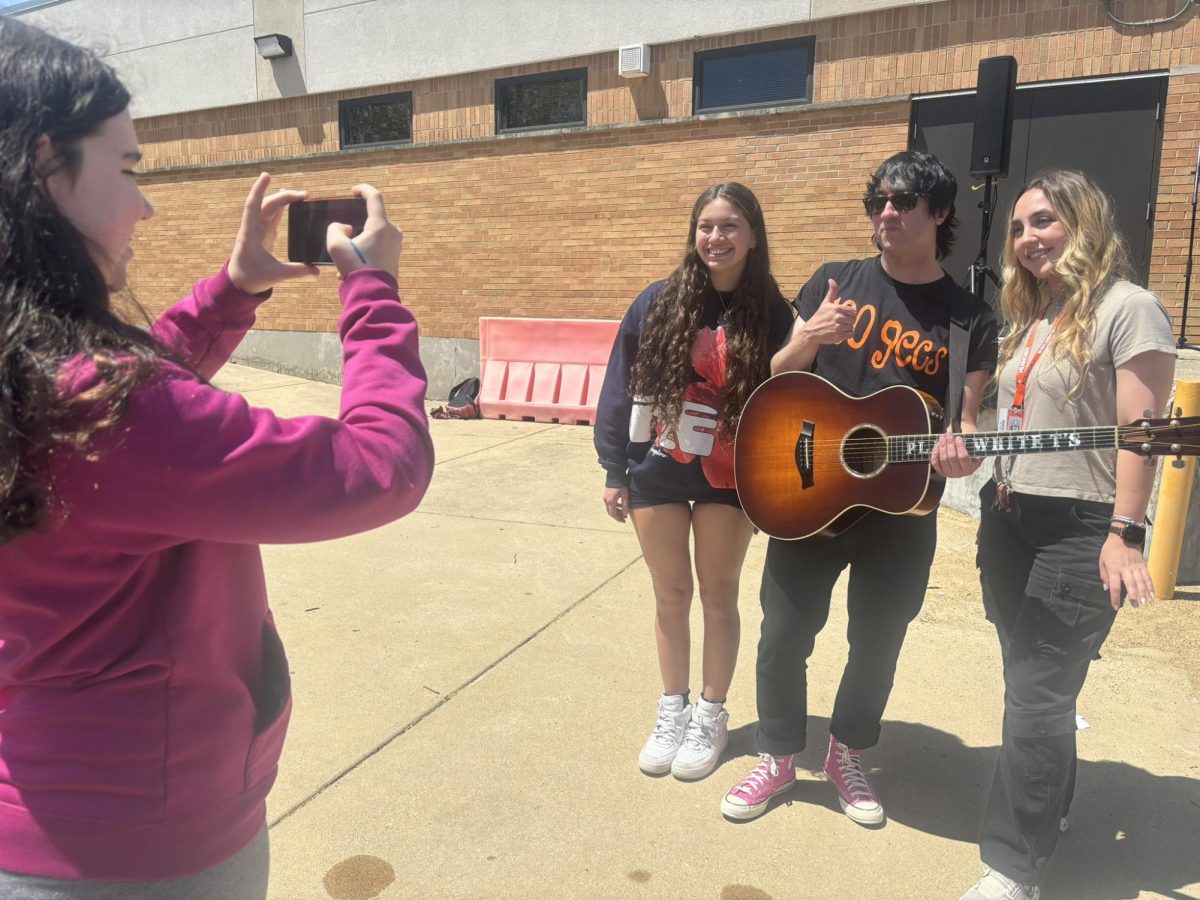Watching a modern sports broadcast goes something like this: first, you turn on FOX Sports to watch your favorite team, and you are greeted with a pregame show going over which players to bet on. Today, Jay Glazer is yelling at you, demanding that you take the over on whether Justin Fields will run for 59.5 yards or not. Then, you decide to check ESPN; the first thing you see is an advertisement for “ESPN BET.” Exasperated, you open X in an attempt to distract yourself from the constant gambling promotions, promo codes, parlays, betting lines, and official partnerships, only to find an NBA-partnered “FanDuel” ad.
Since the Supreme Court legalized sports gambling in 2018 in Murphy v. National Collegiate Athletic Association, it has permeated all of sports media and culture. ESPN has started to present the win probability on the scorebug for their “Sunday Night Baseball” program. According to Vice President of Production, Phil Orlins, the score bug change reflects the shifting interests of their viewers.
“‘People who obviously have a wager on the game maybe have a little more thought about it as well… We want to embrace the differentiation there,’” said Orlins.
The last five years have seen the creation of “BetMGM,” “Caesars Sportsbook,” “BetRivers” and “ESPNBet.” These brands, along with the older “FanDuel” and “Sleeper,” have seen explosions in user count and revenue in recent years. Each of the four major American sports leagues has multiple partnerships with companies that host sports betting, otherwise known as sportsbooks. The NFL alone is partnered with “DraftKings,” “FanDuel,” “Caesars” and “MGM.” Many of these platforms are an extension of large casinos that operate out of Las Vegas, namely Rivers, MGM and Caesar’s. According to Wayne Parry, a writer for PBS News Hour.
“Americans have bet over $220 billion on sports with legal gambling outlets in the five years since the U.S. Supreme Court cleared the way for all 50 states to offer it,” Parry wrote.
A study from Rutgers showed that with the increased gamification of placing bets with these companies, the average sports gambler is getting younger.
“Research recently conducted by Rutgers found that the fastest-growing group of sports bettors are young adults, ages 21 to 24,” the Rutgers report said.
The rising youthfulness of gambling is exemplified by “Omada,” an app that lets players bet on sporting events with the official betting lines with free in-game currency. However, players can acquire extra in-game currency by purchasing. According to the Apple App Store, “Omada” has an age rating of 4+. Teens also became interested in “Omada,” including plenty of Naperville North students. Our source, Student A, began watching sports by using the app.
“It got me into watching some sports like football… It was pretty common for me and my friends to do it and we would add each other on the app and compare bets,” Student A said.
For many, spending fake currency wasn’t enough to scratch their gambling itch. For Student A and many others, the low stakes of “Omada-style gambling” led to a loss of interest in the app. While Student A stopped sports betting after they lost interest in “Omada,” multiple other students turned to official sports betting apps. A second anonymous student now uses their sibling’s PrizePicks account to bet on their beloved Chicago Bears and favorite players from the team.
“[I] started playing from around 10… My [sibling’s] 18 and I just use it through [them]. It adds excitement to the game for me,” Student B said.
Ironically, Student B is illegally gambling by using another underage gambler’s account. This double-dip of illegality is a prime example of the poor regulations on underage gambling. With the advent of online sportsbooks, it is becoming easier for younger people to access and begin betting. In a survey conducted by the NCAA in April 2023, it was found that 58% of people 18-22 have placed at least one wager on sports. This is cause for concern, as several states, including Illinois, set the minimum age to gamble at 21. If caught–and depending on the amount of offenses–an underage gambler will have legal misdemeanors put on their record. An offender would also lose all the money they won gambling, facing an additional charge as well.
In fact, a third anonymous student has placed bets using their parent’s account, which again highlights how poorly regulated online betting has been made for people under 21. Our third anonymous source, Student C, has been regularly gambling for years. Similar to Student B, he gets access through a family member.
“I access it using my parent’s account… I used it a lot, probably multiple times per day,” Student C said.
Unfortunately, this is the case for not only many gamblers in general, but especially underage participants who have easy access through placing online bets, which can put them on a path to addiction. The problem with the easy access and low restrictions with underage gambling is that it affects people who are underage much more than of-age gamblers. According to the Commonwealth of Massachusetts, an article offered by the Department of Public Health shares the risks of teen gambling and explains the drastic effects early gambling can have on underage people later in life.
“Research shows that children being introduced to ‘harmless betting’ by age 12 are four times more likely to engage in problem gambling later. A teen’s brain, with an underdeveloped logic center, isn’t wired yet to weigh risk and make healthy choices,” (Mass.gov).
In today’s ever-changing landscape of sports media and sports gambling, it is crucial to address the causes and effects of the increasing underage presence within the gambling scene. A combination of increased education on addiction and stronger regulations will lead to a culture of responsible engagement with gambling and sports.
If you are concerned about an underage friend or family member who participates in gambling, please contact the Illinois Gaming Board. Beth Kaufman, Director of Communication from the IGB, shares how to report those in need of help.
“The IGB takes underaged gambling seriously and continues working to ensure the integrity and safety of gambling in Illinois. Anyone can report underage gambling or other prohibited conduct through the IGB website Prohibited Conducted Reporting Portal [igb.illinois.gov] or the IGB’s Hotline at (855)-494-0237,” Kaufman said.
Editors’ note: The North Star granted anonymity to three sources in this story in order to garner an honest account of today’s culture of underage gambling.
















